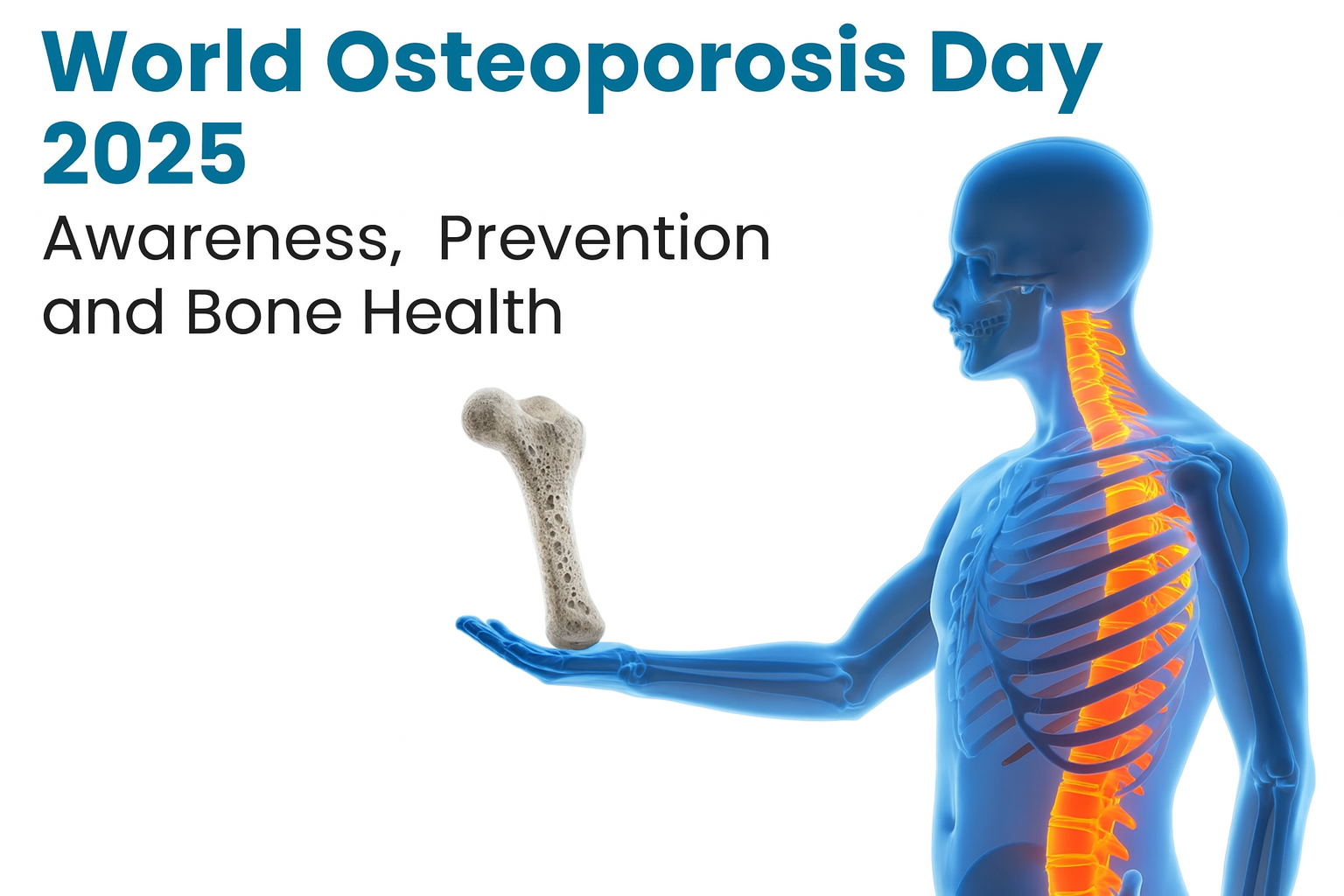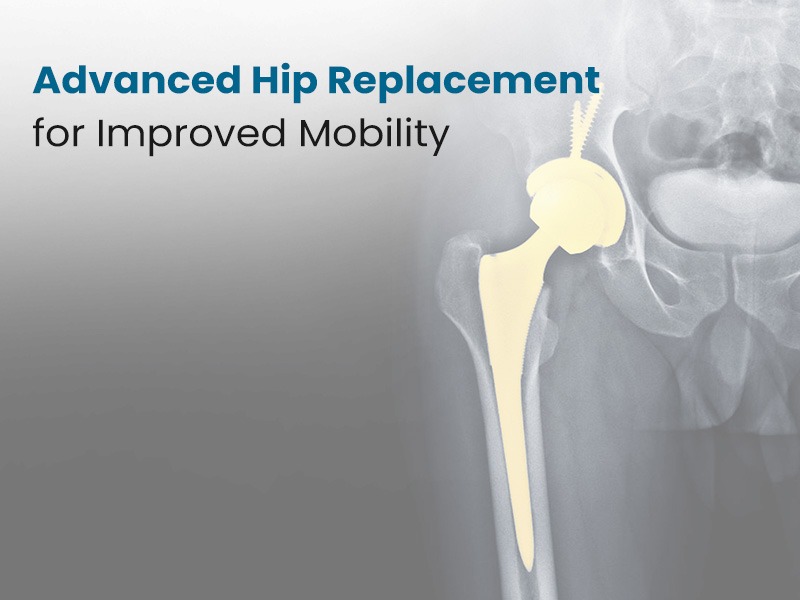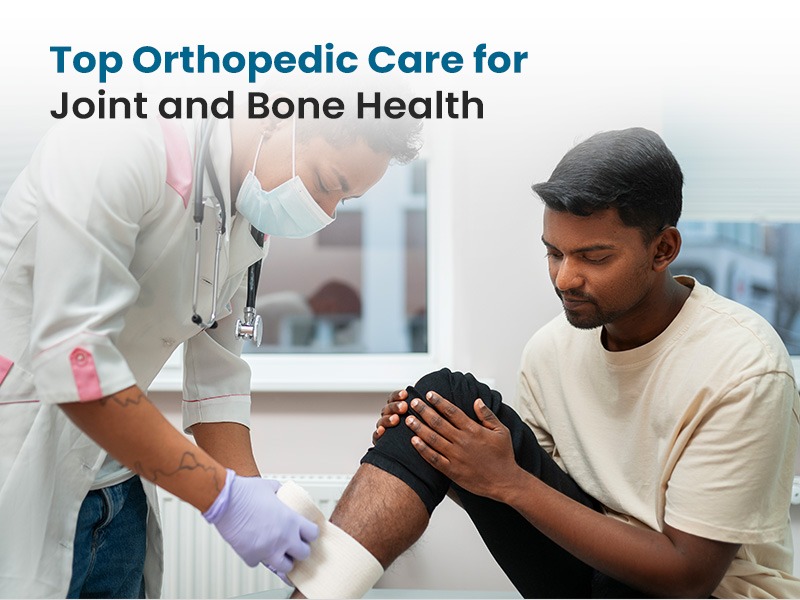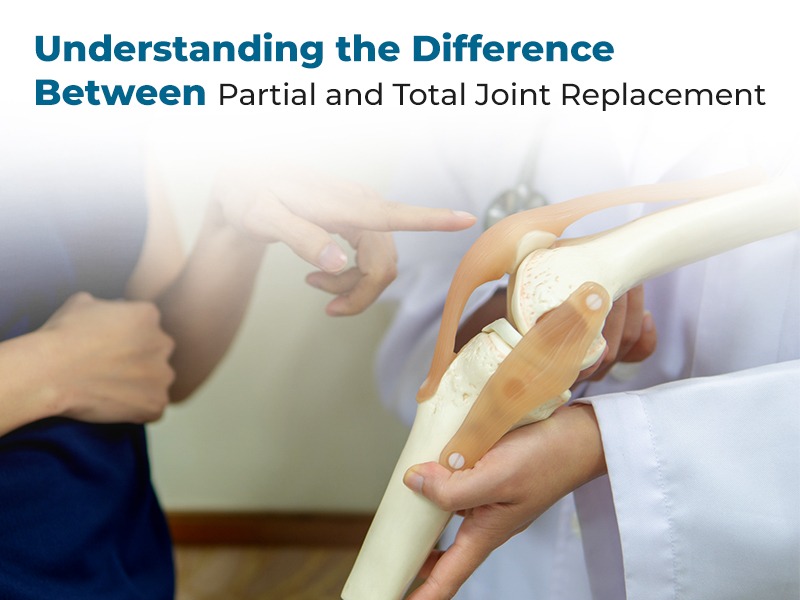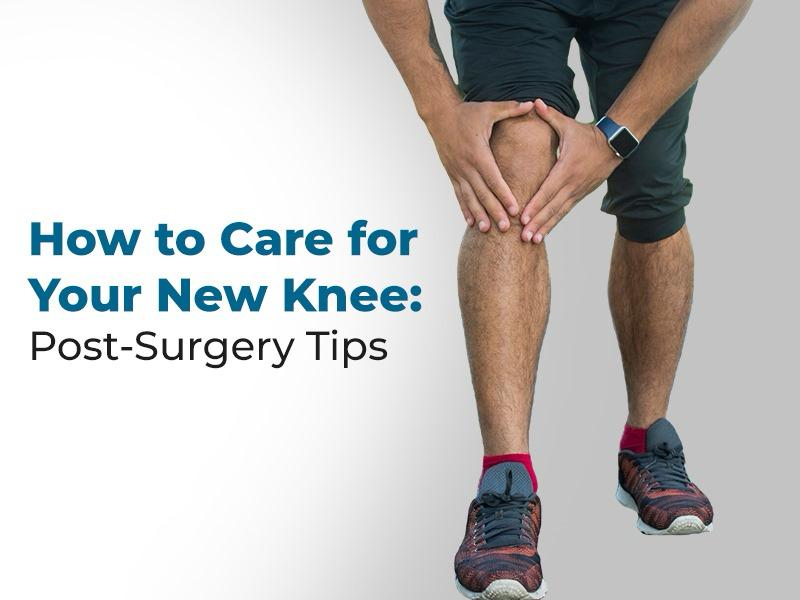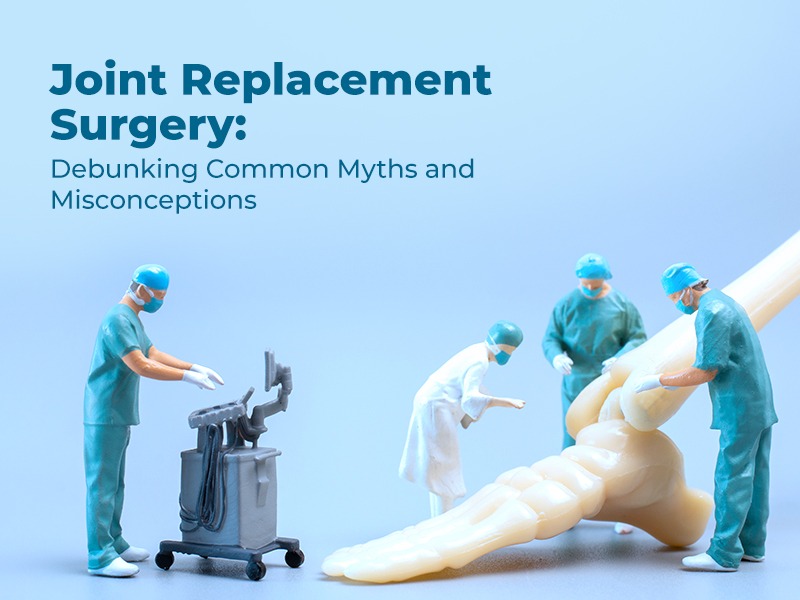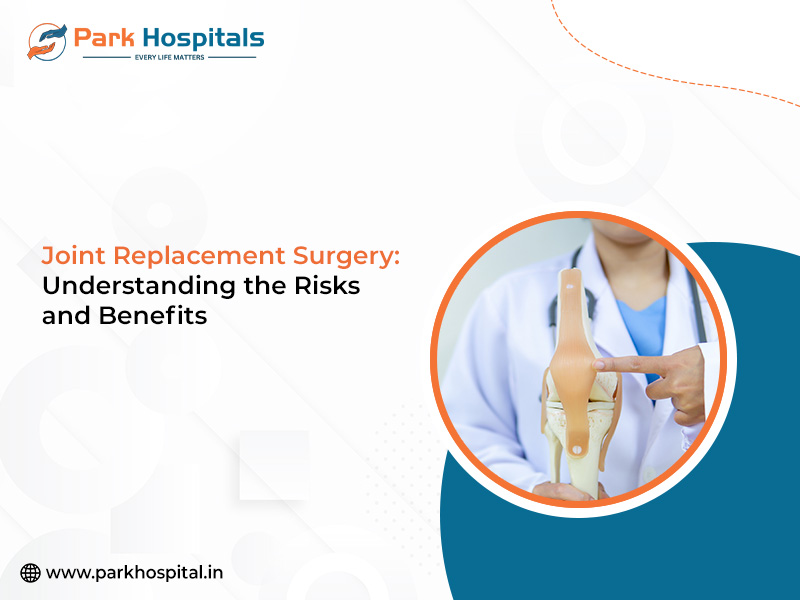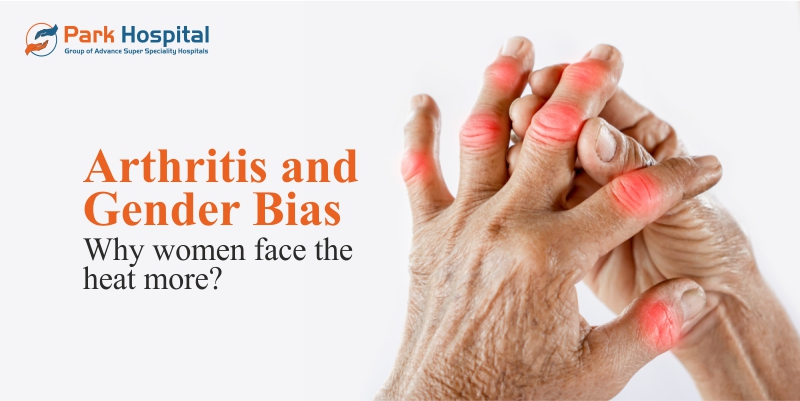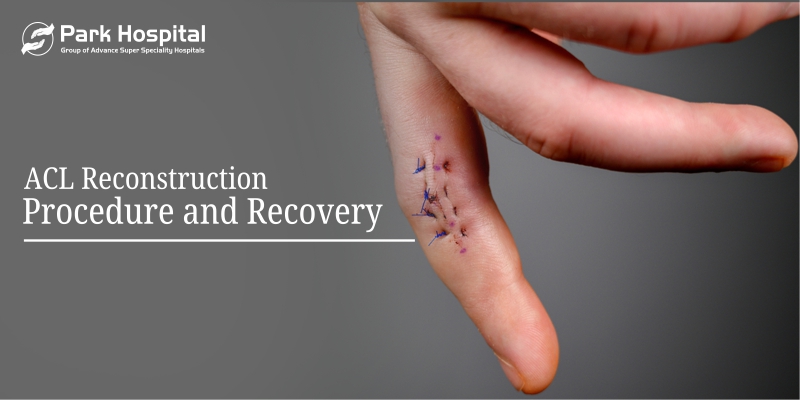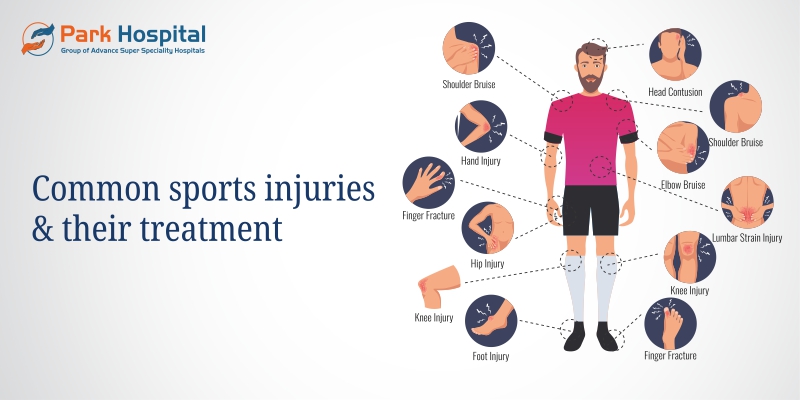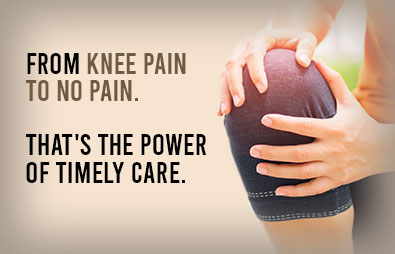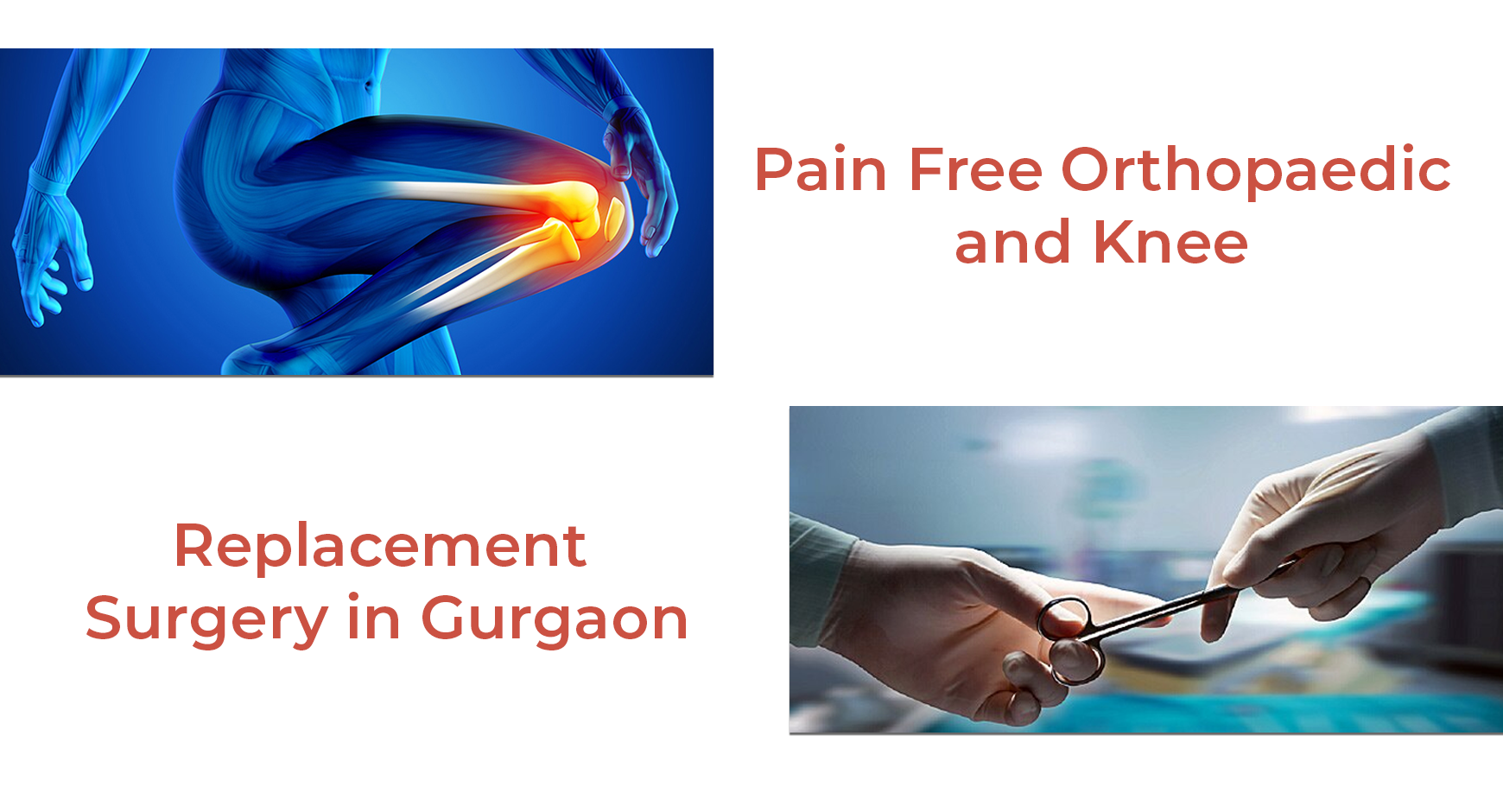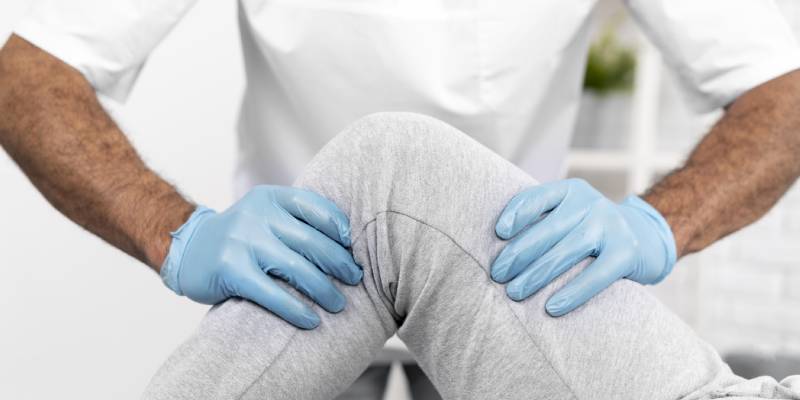Joint pain is a common occurrence for many. It could be after a long walk, a gym session, or even just from sitting awkwardly for too long. However, the type, cause, and extent of pain matter. You may get an idea yourself, while sometimes you may require a specialist.
Joint pain can have many causes, ranging from minor sprains to autoimmune conditions that need ongoing care. Some may straight away search for an "x-ray near me" but do not realise the impact those ionizing radiations may make. A rheumatologist can help you answer these questions first.
Who is Basically a Rheumatologist?
If you have ever had pain in joints, muscles, or connective tissue, the specialist who would have handled it would be a rheumatologist. These include autoimmune diseases such as rheumatoid arthritis, lupus, scleroderma, and other inflammatory disorders.
Unlike orthopaedic specialists who mainly deal with surgical aspects of bones and joints, their focus is on non-surgical medical treatment. They look deeper into the cause of inflammation and immune system irregularities that might be behind joint pain, stiffness, or swelling.
The approach they take at the orthopaedics hospital in Delhi usually combines advanced blood tests, imaging, and clinical evaluation to identify the condition early and manage it before it causes irreversible damage.
Thus, in layman's language, while orthopaedics treat what's already broken, rheumatologists try to stop things from breaking in the first place.
Listen to Your Joints: The Meaning Behind the Aches
The human body is uniquely designed to provide signals if something isn't working right. If an individual ignores those signs, it may evolve into something more serious. Different pains may decipher accordingly. Let's look at a few in this table:
Your task here is to recognise the joint pain and consult the specialist accordingly to confirm it and thus start the diagnosis. It's a human tendency to delay the diagnosis until the pain becomes unbearable. But one must understand that delaying has its own cost, and may make the situation worse enough to consult some other specialists, like a joint replacement surgeon in Faridabad.
How a Rheumatologist at Park Hospital May Help
At Park Hospital, rheumatology care focuses on understanding the root cause of your joint symptoms, not just managing pain. The aim is to diagnose early, treat precisely, and help you maintain a comfortable, active lifestyle.
1. Comprehensive Evaluation and Diagnosis
The first visit is just about knowing the reason behind your discomfort, which may involve several steps. The process may be a little different from one individual to another, but it mainly comprises a detailed review of symptoms, physical assessment, and blood tests that look for inflammation markers or autoimmune antibodies. Imaging studies such as X-rays, ultrasound near me, or MRI scans may be used to detect joint or tissue damage.
This detailed evaluation is necessary to pinpoint the exact condition, whether it's rheumatoid arthritis, psoriatic arthritis, osteoporosis, ankylosing spondylitis, gout, or another autoimmune disorder.
2. Personalised Treatment Plans
Once the diagnosis step is done, the next step is to work on it. Rheumatologists at Park Hospital create a treatment plan tailored to your specific needs. This may include anti-inflammatory medications, disease-modifying drugs, biologic therapies, and pain management options; which is completely dependent on the patient's condition and symptoms like inflammation, joint pain, fatigue, etc.
The specialists at the orthopaedics hospital in Delhi work closely with physiotherapists and other specialists to strengthen muscles, improve mobility, and reduce stiffness. Their focus is on restoring function and preventing long-term joint damage.
3. Monitoring and Long-Term Care
Rheumatic diseases often require ongoing care. Regular follow-ups at Park Hospital help track your progress and adjust treatment as needed. This proactive approach prevents flare-ups and helps manage symptoms more effectively.
Blood tests and imaging are repeated periodically to ensure your treatment is working and your overall health remains stable.
4. Lifestyle and Rehabilitation Support
Medication is just one part of the plan. Lifestyle adjustments play an equally important role. Specialists at Park Hospital guide you on diet, physical activity, posture, and stress management to support joint health.
One doesn't necessarily need heavy strength training or other workouts to reduce pressure on joints; exercises such as light exercise, stretching, and maintaining a healthy weight can significantly help you out here. The hospital's rehabilitation team helps design safe and effective movement plans that fit your lifestyle and energy levels.
5. Advanced Treatment Facilities
As one of the most trusted names in the healthcare sector, we assure that the patient gets the best, including modern diagnostic and treatment technology.
One of these is the advanced biologic therapy, where a targeted approach is considered for reducing the inflammation. Our prime aim here is to slow down the progression rate, thus helping with a better quality of life.
6. Collaborative Care
The pain may affect just a part of the body, but that affects many aspects of your life, including even the basic functions.
The team here is well-aware of it and thus acts accordingly with a holistic view of care. Their approach combines medical expertise with empathy, helping you manage both the physical and emotional impact of joint disorders.
Conclusion
Persistent joint pain is not something to overlook. It's your body's way of asking for attention. If stiffness, swelling, or discomfort have become part of your daily routine, consulting a rheumatologist could be a wise step towards understanding what's really going on.
Early diagnosis and tailored care can make a remarkable difference in preserving mobility, reducing pain, and improving quality of life. At Park Hospital, the rheumatology team is equipped with advanced diagnostics and a compassionate approach to help you regain comfort and confidence in your movement.
Also Read: From Fractures to Arthritis: Conditions an Orthopedic Doctor Treats
FAQs
1. Is morning stiffness in joints a warning sign?
Yes. If stiffness lasts more than 30 minutes, especially after waking up, it could be an early sign of rheumatoid arthritis or another autoimmune disease. Occasional stiffness is normal, but persistent or worsening symptoms should be evaluated.
2. Can swelling in multiple joints indicate a serious issue?
Yes. Swelling in several joints may point to inflammatory arthritis, autoimmune disorders, or infections. It's not just wear and tear; multiple swollen joints often mean systemic inflammation, which needs medical attention.
3. When is joint pain considered chronic?
Joint pain is considered chronic when it lasts longer than 3 months. It may be constant or come and go, but if it persists over time and interferes with daily life, it's classified as chronic and may require long-term management.
4. How do I know if my joint pain is arthritis?
Look for these signs:
Pain that doesn't go away
Swelling that lasts more than 3 days or occurs frequently
Stiffness, especially in the morning or after inactivity
Reduced range of motion
If you have two or more of these symptoms regularly, it's time to see a doctor. Only a medical evaluation can confirm arthritis.
5. Can autoimmune diseases affect joints?
Absolutely. Conditions like rheumatoid arthritis, lupus, and psoriatic arthritis are autoimmune diseases that directly attack joint tissues. They cause pain, swelling, and stiffness and can lead to permanent damage if untreated.


